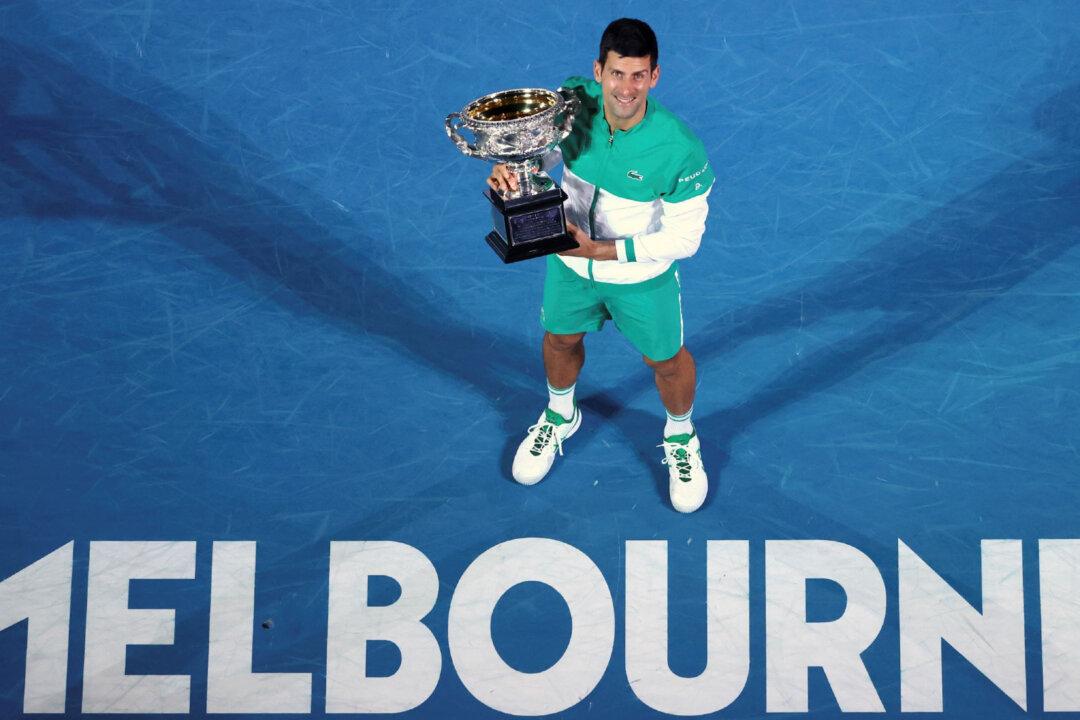World number one tennis player Novak Djokovic has a good chance of overcoming a court hearing and deportation order in his campaign for a 21st Grand Slam, according to one litigator.
Justin Quill, a media and litigation partner at Thomson Geer lawyers, said there was a possibility the Federal Circuit and Family Court could grant Djokovic an injunction on a current federal government order to deport him, which will push the formal court proceedings to a later date.





